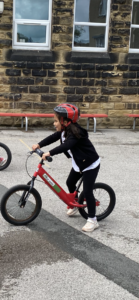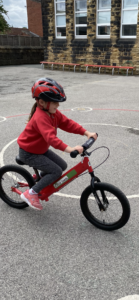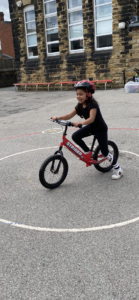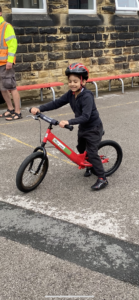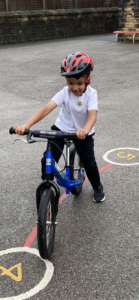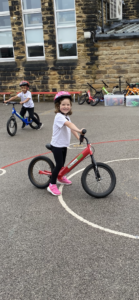Multi-sport summer camps
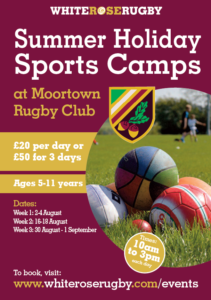
Living and Learning Being healthy week: Sports day stars
A huge well done to the Year 1 children today at their first Moortown Primary sports day.
It was quite an adventure to go to Roundhegians for their races and they all tried their best in every event.
We are very proud of them all and hope they sleep well tonight!
Friday 16 July 2021:Home learning
Good morning!
I hope you are enjoying the sunshine and your home learning.
Today would have been our ‘Skip into Summer’ challenge. If you have a skipping rope at home why don’t you complete the challenge at home.
Here is the link to the video. You will find lots of tips and ideas for skipping here.
Here are today’s home learning activities.
Phonics
Write the ‘oi’ words.
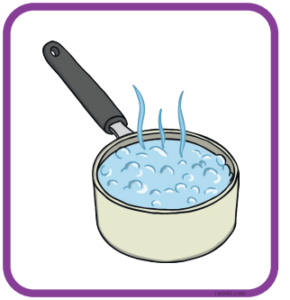
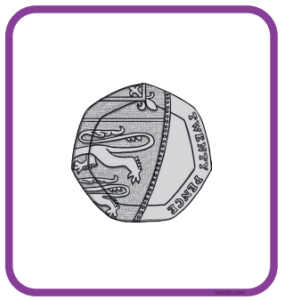
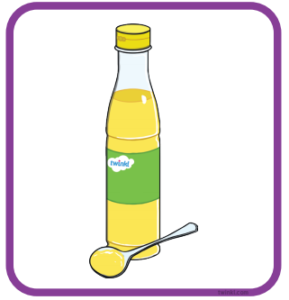
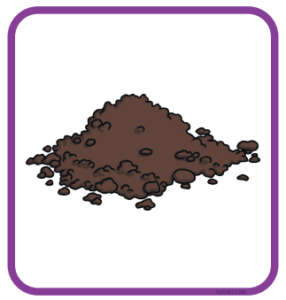
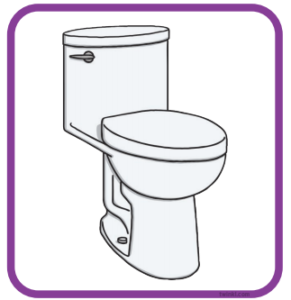
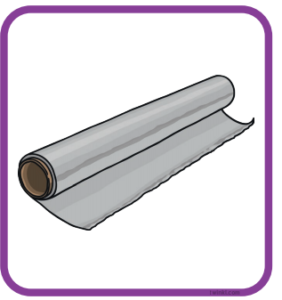
Handwriting
Practise writing some curly caterpillar letters.
Maths
- Grab a handful of objects. How many do you have? Ask someone else to grab a handful too.
If your friend has more than you, how many could they have?
If your friend has fewer than you, how many could they have?
Use a number track to talk about which numbers are smaller and which are greater.
![]()
2. Gather together some of your favourite toys. Make a tent or use a box to hide them in.
Create your own number stories by adding and removing toys.
Meet your new teacher.
Here is today’s story.
Home learning heroes
Just because Y6 are distanced, it doesn’t mean we haven’t been producing the same excellent quality writing as we would in school.
This week, we’ve been writing persuasive letters. Challenge your child to explain the audience and purpose for this text type.
First, we planned out our letter and even had to do some research on our chosen topic (which was whatever we were passionate about) and then we wrote, using existing examples as templates, before editing.
Check out these awesome examples. I’m persuaded by all of them!
Thursday 15 July 2021: Home learning
We are so sad we are not in school again, but we are looking forward to seeing you all on Zoom and back at school next week.
Here are some activities linked with today’s learning.
Phonics
Can you write the ‘ur’ words?

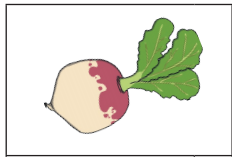
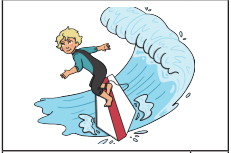

Seaside missing sounds
Can you complete these words?
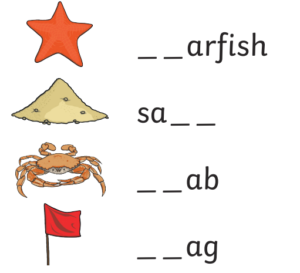
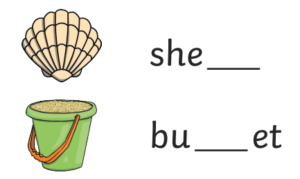
Maths
Sing 10 in a bed.
Sing a rhyme that counts backwards, such as 10 in a bed or 10 green bottles.
Use ten toys to act out the rhyme ’10 in a bed’.
Make some number cards and order them from 10 counting backwards to 1.
Listen to today’s story.
Being healthy themed week 12-16 July 2021
This week the whole school have a themed week. Our key message for this themed week is to find out how to be healthy; both physically and emotionally.
Year One have been finding out all about the importance of maintaining a healthy diet, getting enough exercise and sleep, oral and general hygiene.
Sleep
In class, the children offered suggestions to each other to help with any difficulties surrounding sleep.
I’m scared of the dark!
Would it help if you had a little torch next to your bed?
I can’t get to sleep because I get too hot!
Would it help if you took your covers off or use a fan?
My mind is too busy when I try to go to sleep.
Would it help if you read or listened to a book?
There is too much noise for me to get to sleep.
Would if help if you close your door or try relaxing into your happy place?
We listened to this audiobook together. Here is the link for you to enjoy at home.
Welcome to Sweet Dreams (tutti-frutti.org.uk)
Exercise
The class have learnt all about the importance of including exercise into their daily routine and how much time they should exercise each day.
Did you know ………
Exercise is good for your heart. It helps your heart pump blood all through your body.
Exercise can put you in a good mood.
Exercise helps your body to stat at, or reach, a healthy weight.
We have been challenging ourselves with some fitness exercises and recording our results. Today, some of us beat our previous scores!
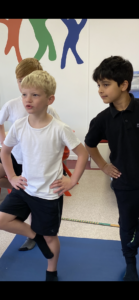
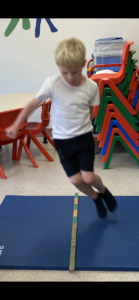
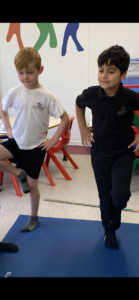
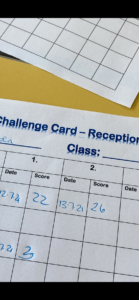
Rugby
The children all enjoyed a rugby session this morning.
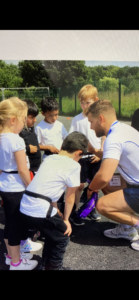
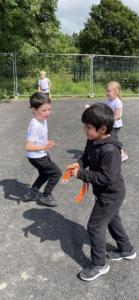
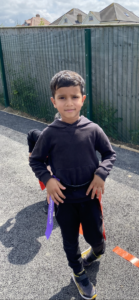
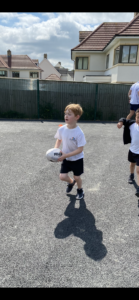
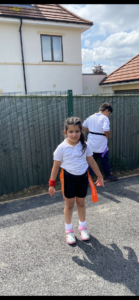
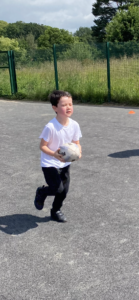
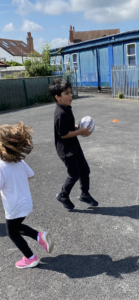
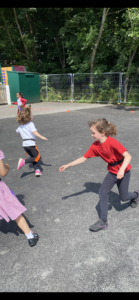
Healthy eating

Using the guide above, the class were able to identify different fruit and vegetables and explain why fruit and vegetables are an important part of a healthy diet. We found out about the sugar content in a variety of food and drink products and suggested healthy alternatives.
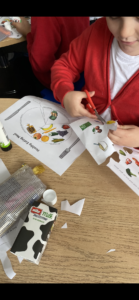
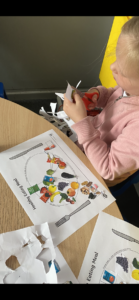
More healthy activities to follow!
We are designers!
Year 1 have been very busy with their design and technology learning. Over the last few lessons, the children have been generating, developing and communicating their ideas ideas in different ways. By knowing that products are designed, the class then explored how products can be made stiffer, stronger or more stable.
Frames
What shapes can you see in this freestanding structure?

After looking closely at the swing structure, the children began experimenting with triangles.
How can we attach the straws?
A triangle is a VERY strong shape!
How can we make the frame of the swing?
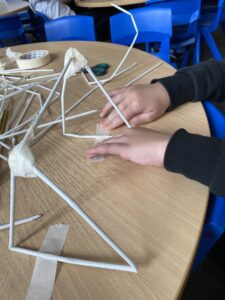
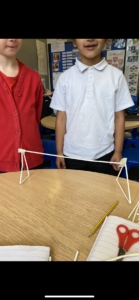
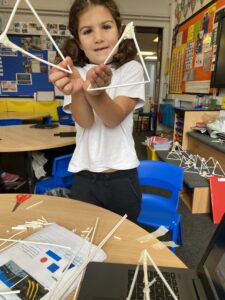
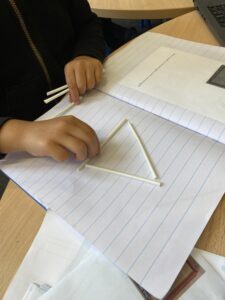
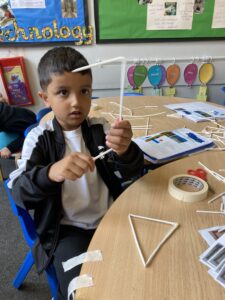
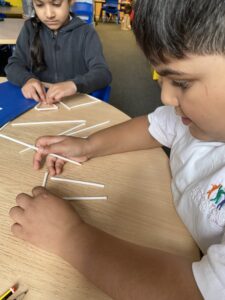
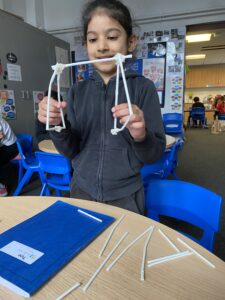
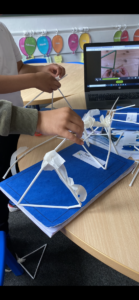
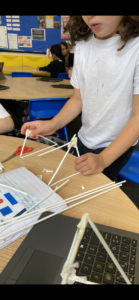
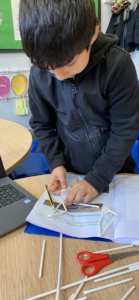
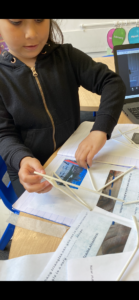
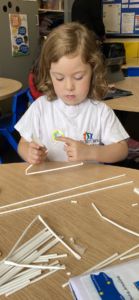
We most certainly have some designers of the future!
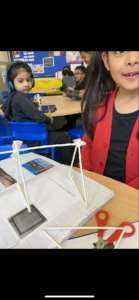
Extra maths home learning challenge
Hi all,
Click here for some extra division challenges for today’s maths lesson.
Click here for the answers.
Good luck, some of them are tricky!
Mr W
Thursday 08 July 2021: Home learning
We have reached our last day of home learning! We are really looking forward to going back to school and seeing everyone tomorrow.
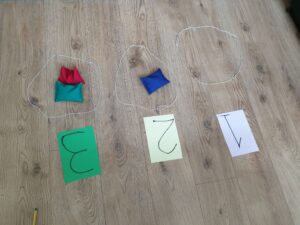
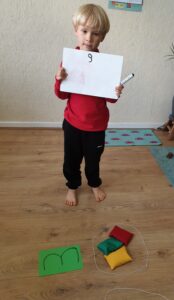
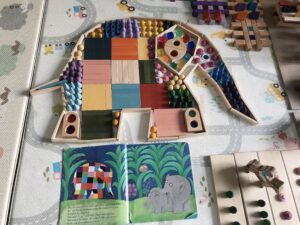

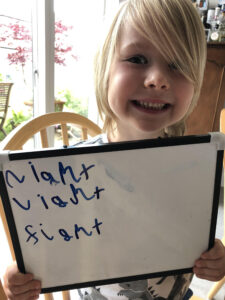

Here are today’s activities.
Phonics
Can you write the ar words?
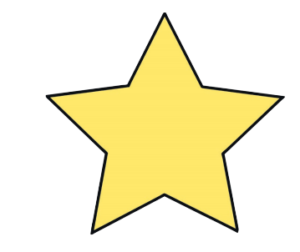
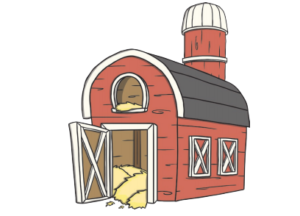
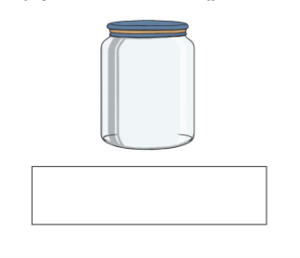
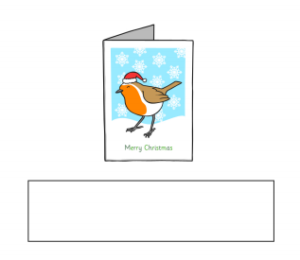
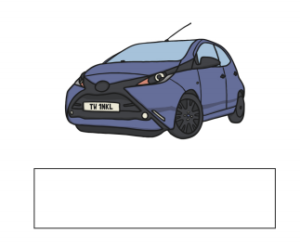
Practise tricky words with this song.
Maths
Can you write the teen numbers represented by these?




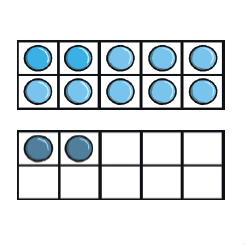

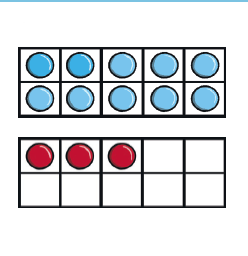
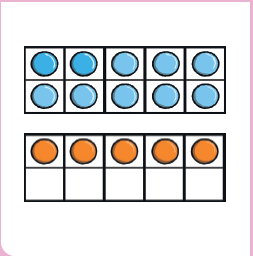
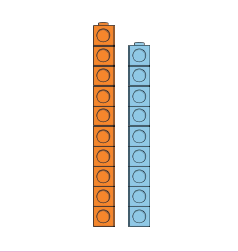
Play the track game with at home.
Play a track game at home. You could make a game or play a board game you have.
Here is today’s story-one of our favourites!
Balanceability
Today, the children began their balanceability sessions. In small groups, the class worked hard in learning the skills required to ride a bike independently. It was great to see all the children enjoying these sessions and gaining more and more confidence.
These lessons will continue throughout the week so we have asked the children to attend school in their PE kits all week.
